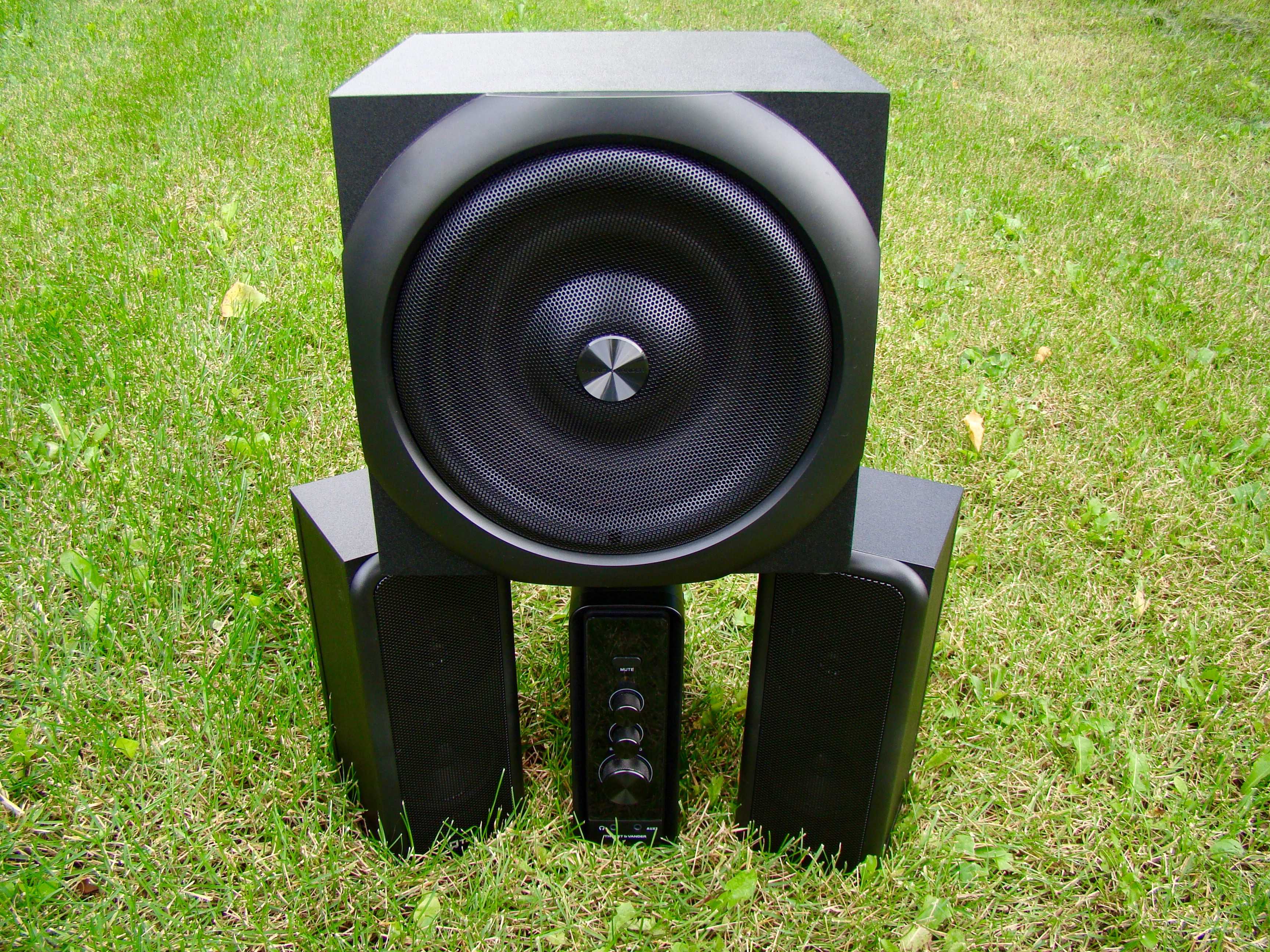Now that we’re in the era of the portable Bluetooth speaker, it’s hard to justify spending money on a stereo that just sits on a shelf at home.
That perception is exactly what this tiny stereo system from German audio giant Thonet and Vander aims to fight, though. The Rätsel brings old-school stereo sensibility to the modern age, with an absolutely room-filling sound in a tiny, tiny package. Why not have something that sounds this great right there on your shelf?
This post contains affiliate links. Cult of Mac may earn a commission when you use our links to buy items.
First of all, this little speaker system looks amazing. The company was named after two influential industrial and Bauhaus designers, so you know it’s paying attention to how its products look and feel. The small satellite speakers are 10 inches tall and 4 inches by 4 inches wide and deep. They’ve got a midrange speaker made of lignin cane fiber and a tweeter composed of of polyethylene microsheets. The speakers are rectangular with thin, rounded edges at the top, a design feature that expresses their dual ability to reproduce clear high-end and midrange tones.
The subwoofer, also made of highly flexible and light cane lignin fiber, is the biggest feature of the set, with a 6.5-inch woofer that moves some serious air. It also acts as a central speaker, so movies can have a simulated surround sound with clear dialogue as well as booming explosions.
You can hook up just about everything to the Rätsel box, though you won’t be able to string your optical out cable from your TV or console. The miniature box that controls the audio has two standard RCA inputs, one for things like your iPhone with a weaker output signal, and one for stronger signal devices, like your HDTV or DVD player. It’s also got a 3.5 mm stereo input for directly connecting a headphone-size cable between your audio source and the Rätsel.
The combined might of the three speakers is pretty amazing. This shelf-size stereo system brings 66 watts of power to the table (or shelf, natch), with 30 watts for the center speaker/subwoofer and 18 watts for each of the satellites. It’s enough to fill up a decent-size room and then some.
The main controller box — itself designed with an eye to the rounded, converging lines of an audio controller — has bass, treble and volume knobs to adjust the sound to your taste and room composition. Best yet is a little remote control that lets you adjust volume, bass and treble as well as setting up Bluetooth pairing mode, a handy feature if you’ve set up the stereo across the room.
You connect all the speakers with old-fashioned speaker wires — another fun design choice that hearkens back to the stereos I used to own back in the ’80s and ’90s. Clipping raw wires into red and black clamps on the back of each speaker just feels cooler than plugging in a jack.
I’ve run classical, hip-hop, rock, movies and video games through this bad boy and it handles it all with style. I was able to play music via Bluetooth from my iPhone, Mac and iPad as well as via RCA cables from my turntable and television. I could crank up the volume to ear-splitting levels with no distortion at all, regardless of the music chosen. It’s fun to watch the subwoofer speaker bounce to the beat, too.
The Thonet and Vander Rätsel is a great-looking, well-engineered sound system made with an attention to visual and auditory detail that you won’t find in a portable Bluetooth speaker. You can get it at Amazon for a budget-friendly $129 and have a gorgeous, massive-sounding system that will fit on any size shelf you need it to.


